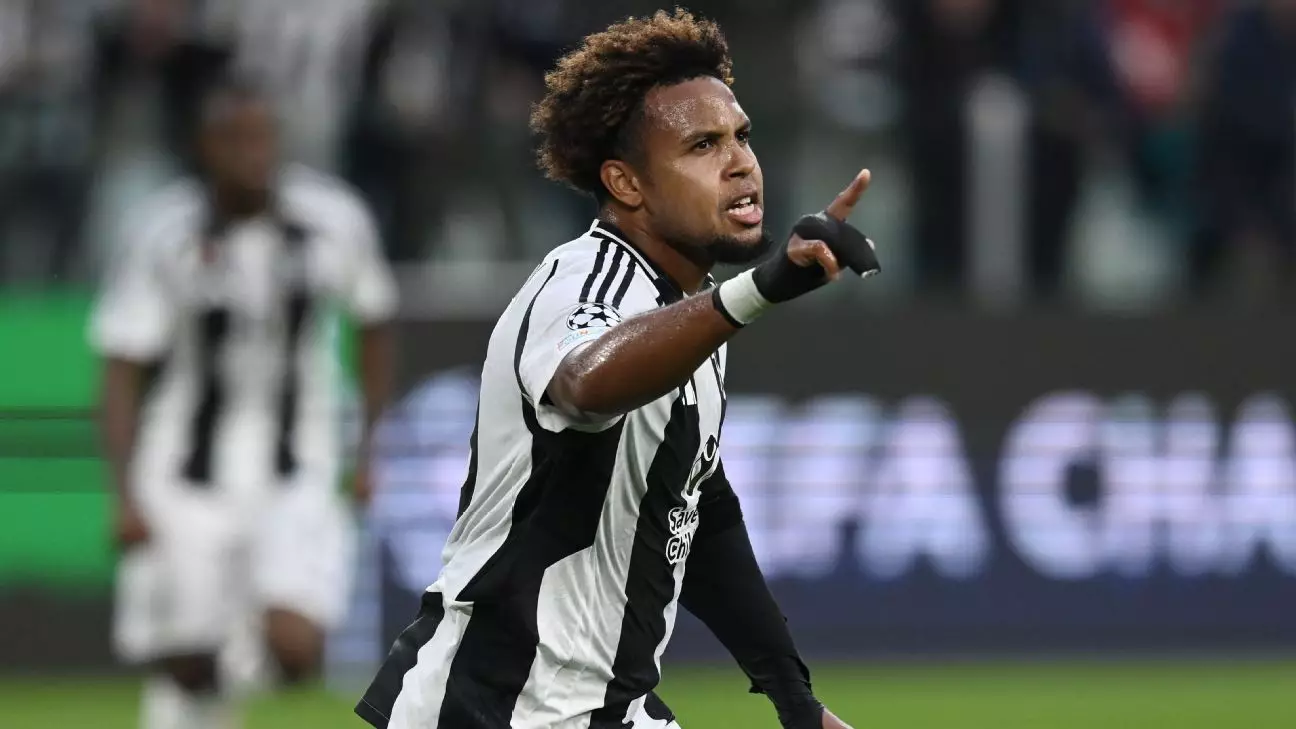The 2024-25 UEFA Champions League season marks a pivotal moment in the tournament’s history. With enhanced format changes, the new season seems to be setting the stage for both exhilarating football and unexpected twists. As the curtain was raised on match day one, traditional giants such as Real Madrid, Manchester City, Bayern Munich, and Paris Saint-Germain not only lived up to their reputations but also set the tone for what fans should expect from this campaign. However, behind the exhilarating goals and high stakes lies a deeper examination of the evolving landscape of European football.
Analyzing the Impact of the New Format
While the initial games presented a wealth of goals and intense competition, the new structure invites intense scrutiny. The groups are designed to encourage more matches, but do they fundamentally alter how teams approach their games? Critiques highlight that the reality of the tournament doesn’t inherently change simply because there are more opportunities and matches. In essence, some argue that the capacity for teams to “run up the score” could lead to boredom or oversaturation of one-sided games. Others contend that this brutal reality is merely part of elite competition, where goal difference can play a significant role in standings.
In retrospect, blowouts are not a new phenomenon in Champions League history, as witnessed by past encounters—teams like Bayern Munich and Real Madrid have historically overpowered smaller clubs. Analyzing the mindset of competitive teams, we find that they often engage in fierce tactics reflecting their desire for superiority and dominance, with little deference to the feelings of their beaten opponents. The notion of sporting respect, although valiant, might be less prevalent in these high-stakes situations, where the desire to win convinces teams to pursue every advantage, goal count notwithstanding.
One of the most intriguing aspects of the current tournament structure is how squad depth plays a crucial role in successful campaigns. With an expanded schedule, top clubs can afford to rest key players—something essential in maintaining their title aspirations. Teams like Manchester City and Real Madrid, with their wealthy rosters, can seamlessly swap players while still maintaining competitive integrity.
It raises questions about whether this new format diminishes the challenge for elite clubs. For example, rotating squads for less significant games may not only secure qualification for the next round but might also adversely affect the competition’s excitement level. Fans may witness certain matches lacking the tension one would typically expect as managers prioritize their top players for must-win encounters against direct competitors.
Match day one showcased not only team strategies but also individual players who rose to the occasion. Players like Christian Pulisic put on stellar performances, yet their teams faced mixed results. Pulisic’s remarkable goal against Liverpool highlighted a personal triumph, yet it expose structural weaknesses in AC Milan’s performance. Notably, Weston McKennie’s determined display for Juventus reflected a narrative of resilience as he sought to solidify his position amidst club transitions.
Meanwhile, clubs like Celtic showcased the passionate environment of Champions League matches, stunningly defeating Slovan Bratislava. This triumph invigorates the belief that clubs outside the so-called elite tier can indeed vie for a chance in knockout stages, emphasizing that football’s unpredictability is part of its charm.
As the season progresses, analysts will keep a close eye on how dynamics unfold in subsequent matchdays. Will elite clubs maintain their stronghold, or can unexpected challengers emerge? The narrative is far from settled. While traditional favorites look robust, the factors of squad rotation, performance inconsistencies, and managerial tactics will ultimately shape the tournament landscape.
Moreover, there is also the engaging discourse on the implications of resource disparity in football. Will the ability of wealthier clubs to rotate players lead to homogenization in the competition? Or will resilient teams like Girona and Stuttgart remind us of the unpredictable essence of football that often takes center stage in the Champions League?
As we see the first act of this season unfold, we can expect a rollercoaster ride filled with high stakes, drama, and sheer unpredictability. The UEFA Champions League remains a beacon of sport where talent, strategy, and fortune all intertwine, highlighting the beauty of competition that resonates with fans across the globe.

